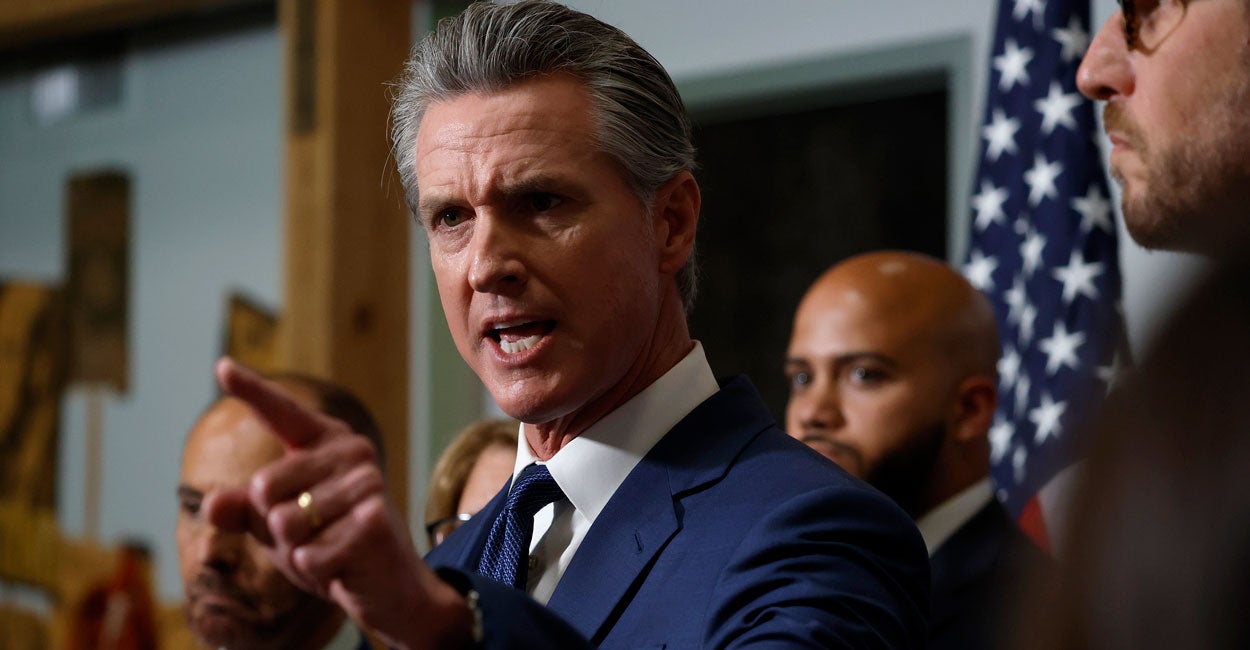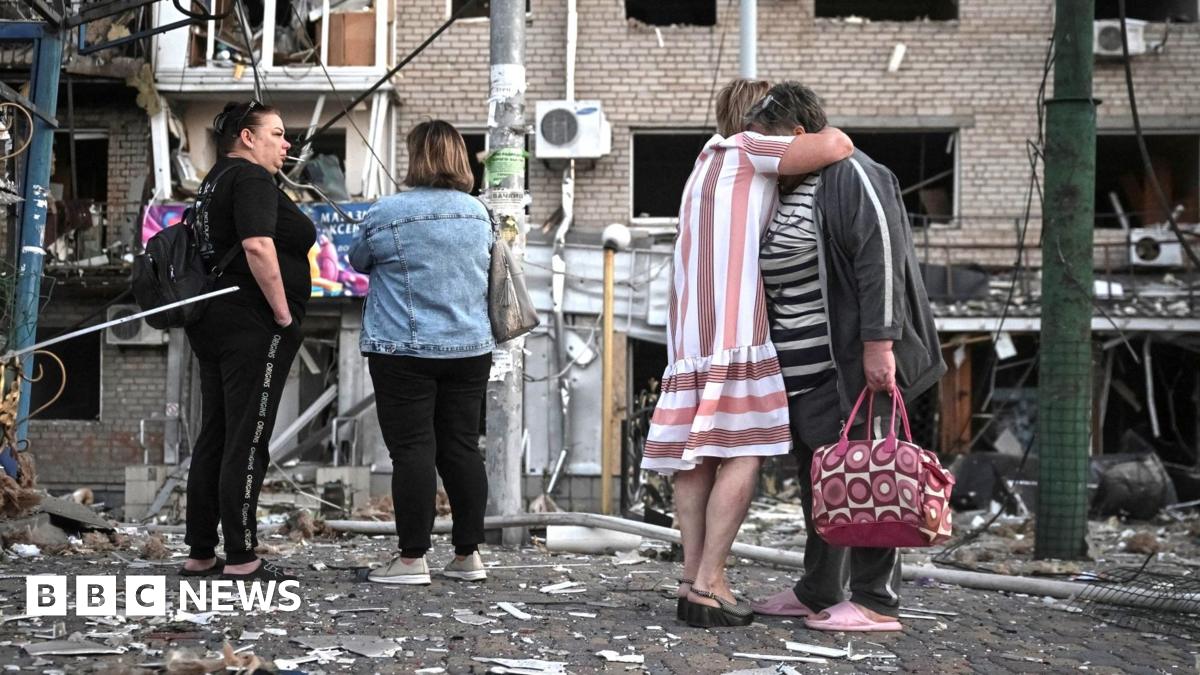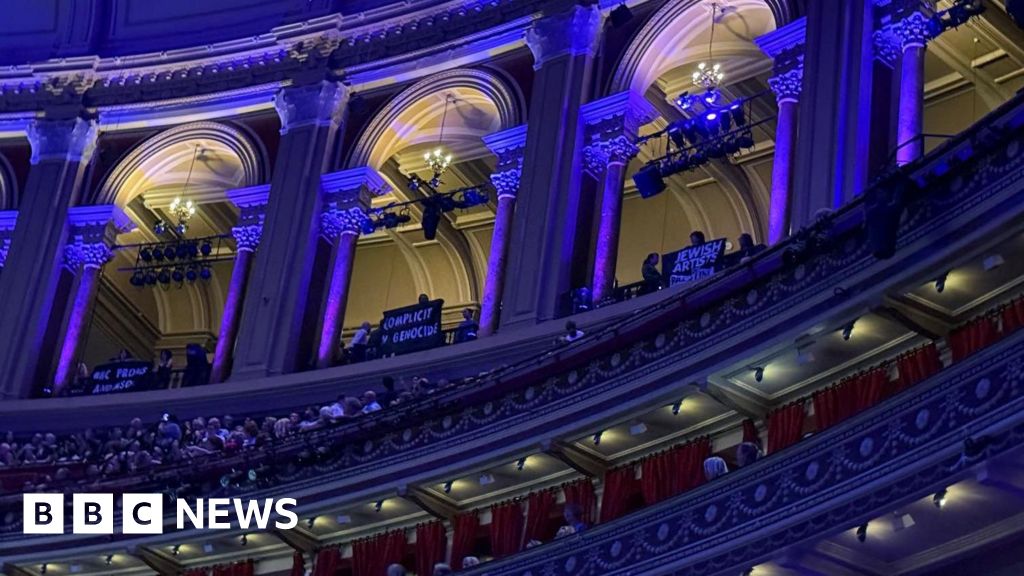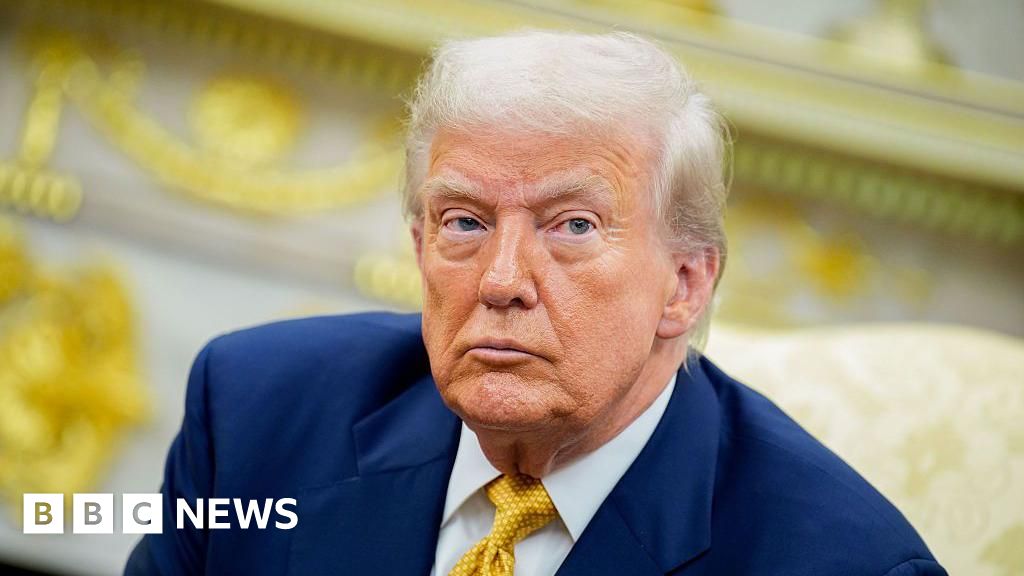Evening News Podcast for Thursday, June 19
I’m Will Dove And I’m Hannah Bern, and this is the rest of the news for today, Thursday, June 19th. Canadian women are increasingly postponing motherhood, mirroring trends in the United States, according to recent data from Statistics Canada. The average age of mothers at childbirth rose from 30.8 years in 2016 to 31.6 years in 2022, while the mean age for first-time mothers reached 29.4 years in 2019, up from 29.2 years in 2016. Similar to the U.S., where the average maternal age climbed to 29.6 years by 2023, Canadian women are delaying childbirth due to factors like higher education, career aspirations, and access to effective contraception. Statistics Canada notes that fertility rates for women aged 35–39 have surpassed those for younger groups, with 56 births per 1,000 women in 2016 compared to 37.6 for ages 20–24. This aligns with U.S. data showing a 12.6% rise in first births among women aged 30–34 and a 25% increase for those 35 and older. Delayed childbearing is linked to smaller family sizes and varying health risks, prompting concerns about declining fertility rates, which hit a record low of 1.33 children per woman in 2022. High childcare costs, ranging from 8.9% to 16% of median incomes, further discourage early parenthood. Experts warn that sustained low birth rates could strain Canada’s economy and social systems, echoing U.S. discussions on population decline. Ukrainian President Volodymyr Zelensky accused the United States of requesting that Ukraine refrain from attacking Russian energy infrastructure, immediately after Vladimir Putin spoke with President Donald Trump. Zelensky made the statement Sunday as Russian forces launched a coordinated strike on Ukraine’s energy systems, targeting power plants, oil and gas infrastructure, and hydroelectric dams. Zelensky highlighted the timing: “It happened right after Putin’s conversation with Trump. After the Americans asked us not to strike Russian energy facilities.” He described Russia’s attack as a “spit in the face” of efforts by the international community to end the war. The Ukrainian leader also criticized Putin for offering to mediate in the Israel-Iran conflict, calling it cynically self-serving. The U.S. State Department confirmed a joint agreement seeking a ban on strikes against energy facilities in both countries, referring to a March statement. Ukraine’s First Deputy Prime Minister Yulia Svyrydenko confirmed that allies had urged restraint on Russian energy targets, but did not specify the source. Reports note that Ukrainian attacks on Russian energy infrastructure were temporarily halted for 45 days before last November’s U.S. presidential election but resumed on election day. Early today, an Iranian missile struck Soroka Hospital in Beersheba, southern Israel, resulting in chaos and damage described by eyewitnesses as severe. Emergency paramedic Arye Myers reported that critically ill and cancer patients were among those evacuated—some carried out on stretchers while connected to oxygen tanks. Emergency services moved 250 patients to other facilities using specialized intensive care buses. Israel’s Ministry of Health confirmed 271 people injured in morning strikes, with 71 linked to the Soroka Hospital attack; many “slightly injured” were hurt while fleeing or experiencing panic attacks. The Israeli prime minister’s office reported that Iranian missile strikes have killed at least 24 Israelis since Iran entered the war. Meanwhile, Iranian officials claim only a military target near the hospital was hit, and the hospital suffered only “superficial damage” from a blast wave, which munitions experts dispute—saying video evidence points to a direct missile impact on the roof. Domestically, Israeli poll data from Hebrew University show 70% of Israelis support the attack on Iran, while 68% of Israeli Arabs oppose it. Prime Minister Benjamin Netanyahu declared Iran’s nuclear and missile threats would be eliminated by the end of the operation, and stated that Israel’s partnership with Trump is “incredible.” As open conflict continues between Iran and Israel, anxiety over global energy security has spiked to new heights. The focus is on the Strait of Hormuz, a vital maritime chokepoint averaging just 21 miles wide, which sees about 20 million barrels of crude oil pass through daily—around 20% of the world’s petroleum liquids and 30% of seaborne crude. Nearly one-fifth of global LNG exports, mainly from Qatar and the UAE, also traverse this channel. Any Iranian move to block this route would severely disrupt energy markets and global economies, especially in Asia, Europe, and the Gulf states, which remain heavily reliant on Hormuz for oil and gas. Analysts note Iranian restraint partly results from self-interest: closing the strait would damage its own oil exports and relations with Saudi Arabia, UAE, Kuwait, and Qatar, all dependent on Hormuz for trade. Iran and Saudi Arabia restored diplomatic ties in a China-brokered deal in 2023, a relationship Tehran is hesitant to shatter. After recent Israeli strikes, oil prices surged 13%, with Brent crude reaching $78.50 per barrel—the highest since January. JP Morgan and other analysts warn a 20% cut in crude supply could double or triple prices if demand elasticity is low. Even major alternative pipelines from UAE and Saudi Arabia could divert only 10-13% of current Hormuz oil volumes. LNG rerouting is practically impossible. The United Kingdom has dramatically expanded abortion access this week, with Parliament voting to decriminalize the procedure up to and including the moment of birth. The measure passed by a large margin of 379 to 137 after a brief debate lasting just 46 minutes and featuring only 13 speeches. Labour MPs cheered as the bill was approved. Critics have condemned the move in stark terms, labeling it legalized infanticide and warning it marks the loss of Britain’s moral compass. Lord David Alton, a prominent pro-life figure, stated, “The day UK Parliament voted to make it lawful to kill a baby for any reason, including for sex-selection, at any point up to and during birth, was the day Britain forfeited its claim to be civilized.” Lord Daniel Moylan called it “ghastly,” while MP Ben Obese-Jecty, himself pro-choice, expressed shock at the speed and scope of the vote, especially concerning healthy late-term pregnancies. Public and professional reaction has been overwhelmingly opposed in many quarters: over 1,000 medical professionals urged MPs to reject the bill, and only 1% of women surveyed supported decriminalization at this stage. The new law outpaces the rest of Europe, where the previous UK limit of 24 weeks was already among the latest. “Murdering babies. Where is our moral compass?” wrote columnist Allison Pearson, echoing the tone of many political and social commentators. The U.S. Centers for Disease Control and Prevention’s Advisory Committee on Immunization Practices will vote next week on the continued use of mercury-based thimerosal in flu vaccines, marking the first meeting since a controversial restructuring of the panel. U.S. Health and Human Services Secretary Robert F. Kennedy Jr. swept out all 17 former ACIP members and appointed eight new members, aiming to restore trust in vaccine science. The committee will gather June 25-26 in Atlanta to hear presentations and conduct votes on thimerosal-containing and thimerosal-free flu vaccines. Thimerosal, a mercury-derived preservative found in multi-dose flu vaccine vials, has been largely absent from single-dose vials and pre-filled syringes for years. Public health officials long claimed thimerosal was safe, but in 2001, citing caution, the CDC stopped its use in childhood vaccines—a decision critics say was overdue and that recent investigations suggest evidence of harm to neurological development was concealed for decades. A recent Merck RSV vaccine for newborns, unrelated to thimerosal but featured in the meeting, had an 11.71% serious adverse event rate in trials. Critics like Dr. Meryl Nass insist there is no need for thimerosal, which she calls a neurotoxin. A new Japanese database analyzing COVID-19 vaccination outcomes among more than 18 million people has revealed a concerning trend: deaths sharply rise among those who received more doses, particularly within three to four months after their last shot. According to Dr. Yasufumi Murakami, a respected pharmaceutical professor at the Tokyo University of Science, “the more doses you get, the sooner you’re likely to die.” Data presented by Dr. Murakami and the Information Disclosure Request Team show that, while unvaccinated individuals had no unusual spike in death rates, the vaccinated population experienced a pronounced mortality surge peaking between 90 and 120 days post-vaccination. The pattern intensified with each additional dose, with the highest and earliest peak following a third dose. In Germany, a peer-reviewed study published by professors Ursel Heudorf and Bernd Kowall examined excess mortality in Frankfurt from 2020 to 2023. The researchers reported that despite claims of surging COVID-19 deaths, excess mortality only spiked significantly “after” mRNA vaccines were introduced, with the most deadly event being a 2022 influenza outbreak among the vaccinated. For example, a late 2022 flu outbreak led to a Standardized Mortality Ratio of 1.25, causing 188 additional deaths in just six weeks—surpassing all COVID-19 waves combined. The study further indicates that those who received mRNA vaccines suffered worse outcomes from influenza, possibly due to weakened immune systems. In Canada, a recent Public Health Agency of Canada report acknowledged a similar surge in deaths among those who received third and fourth mRNA boosters, with boosted individuals experiencing notably higher mortality than the unvaccinated. In the spring of 2025, following a major leadership shakeup at the U.S. Department of Health and Human Services—with Robert F. Kennedy, Jr. assuming the Secretary role—17 members of the CDC’s Advisory Committee on Immunization Practices were dismissed amid persistent controversy over industry ties. The move sparked backlash from the ousted members, who defended their integrity and claimed full compliance with disclosure rules. However, a review of ACIP records shows many committee members—even after disclosing financial links to vaccine manufacturers—continued to participate in votes and discussions directly affecting those companies’ products. The problem is not simply disclosure, but enforcement of recusal. Over a dozen members from 2006 to 2024 held significant ties: clinical trial funding from Merck, Pfizer, GSK, Moderna, and Sanofi; advisory board service; and stock ownership. These relationships impacted careers and institutions, yet many did not step back from related votes or deliberations as required by CDC and federal policy. The new ACIP will now face pressure to not just acknowledge, but actively prevent, such conflicts. The UK continues to be a battle ground for free speech advocates. The UK leads the world in arresting its citizens for online posts, but a new law will soon protect freedom of speech on university campuses. Students in England are being told to expect—and be prepared to face—views they might find shocking or offensive as a new law reinforcing free speech comes into effect this summer. Arif Ahmed, the government’s free speech champion and a representative of the Office for Students, made the declaration as new guidelines are published for universities. Ahmed told the BBC that encountering uncomfortable perspectives is “part of the process of education.” The law, effective from August, places a legal duty on universities to uphold and promote free expression. The initiative follows significant controversy: the University of Sussex was fined £585,000 in March under existing regulations, after the OfS ruled its trans and non-binary equality policy had a “chilling effect” on speech. Philosopher Kathleen Stock, who faced student protests over her gender-critical views, resigned from the university; Sussex is now legally challenging the fine. Universities UK, representing 141 institutions, stated it would support compliance with the new rules. Under the law, all aspects of university life—from debates and protests to teaching and training—are covered. Universities failing to protect free speech could now face fines of millions of pounds, or loss of public funding. Ahmed emphasized students’ right to express any lawful view, and suggested universities encourage students to defend opposing stances as part of an inclusive education. I’m Will Dove And I’m Hannah Bern, and that’s the rest of the news for today, Thursday, June 19th.














